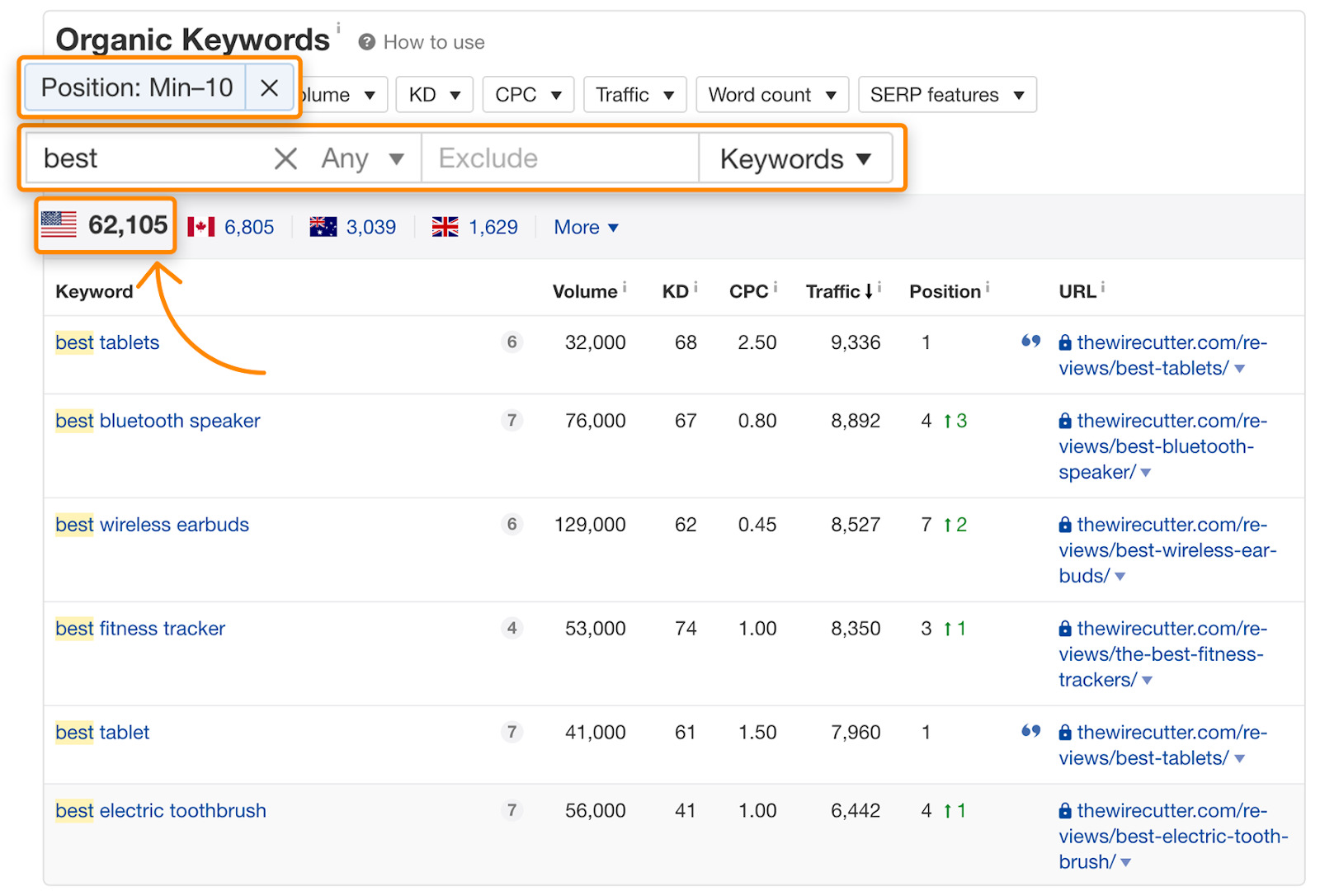

“We’re not God, and we’re not trying to be,” says Chen. The site publishes voicey, impassioned, charmingly specific recommendations from cultural figures (Lena Dunham on shampoo for her hairless cat Call Me by Your Name author André Aciman on Costco pistachios and Bluetooth speakers) and useful roundups from experts (“ How to Brighten Up Your Sad Kitchen Lighting, According to Interior Designers”). Jason Chen, deputy editor at the Strategist, describes the site as “a resource if you’re looking for something in particular, and also a fun read if you’re not.” In keeping with its parent company’s sophisticated sensibility, the Strategist offers a level of taste, not omniscience or product specs. And knowing those differences gives shoppers an opportunity to pick a lane. The good news is that while many sites do attempt to name exemplary products, their goals and methodologies vary widely. “If you have the smallest amount of doubt about something, you’re like, ‘Someone has to know more than I do.’”įaced with so many helpful suggestions, it’s easy to start spiraling. “I think that as human beings, we assume that someone else knows something better than us,” says Diana Blaszkiewicz, a 30-year-old who works at a law firm in Washington, DC, and frequently reads the Strategist. The question may also be: Why would we ever turn to the internet, the vast sea into which the world dumps its opinions, to find the single superlative anything? “I think that as human beings, we assume that someone else knows something better than us” As ever more authorities enter the fray, the question is this: When everyone claims to have identified the “best” product in a category, who do you trust? That’s not to mention the many, many individuals who r eview products on blogs and YouTube. Apart from the standalone sites, plenty of properties like The Verge (which, like Vox.com, is owned by Vox Media) have robust reviews programs. How do you proceed? Do you cross-reference them all and pick the brand that appears most frequently, your brain quietly short-circuiting when you discover that some reviewers support the Contigo “Byron Vacuum-Insulated” mug while others swear by the Contigo “Autoseal West Loop”? Target is starting to seem like a good idea.Ĭonsumer Reports has been subjecting everyday products to rigorous testing since 1936, but the past decade has seen a flurry of growth in the product review space, with the launch of publications like Wirecutter (2011), Best Products (2015), New York magazine’s the Strategist (2016), BuzzFeed Reviews (2018), and the Inventory (2018).

So you Google “best travel mugs.” A new problem arises: Multiple product recommendation sites have published articles perfectly tailored to your query.

You could go to Target, but staring at the display isn’t going to tell you which one is difficult to clean and which is likely to spill coffee down your sweater during your morning commute.


 0 kommentar(er)
0 kommentar(er)
